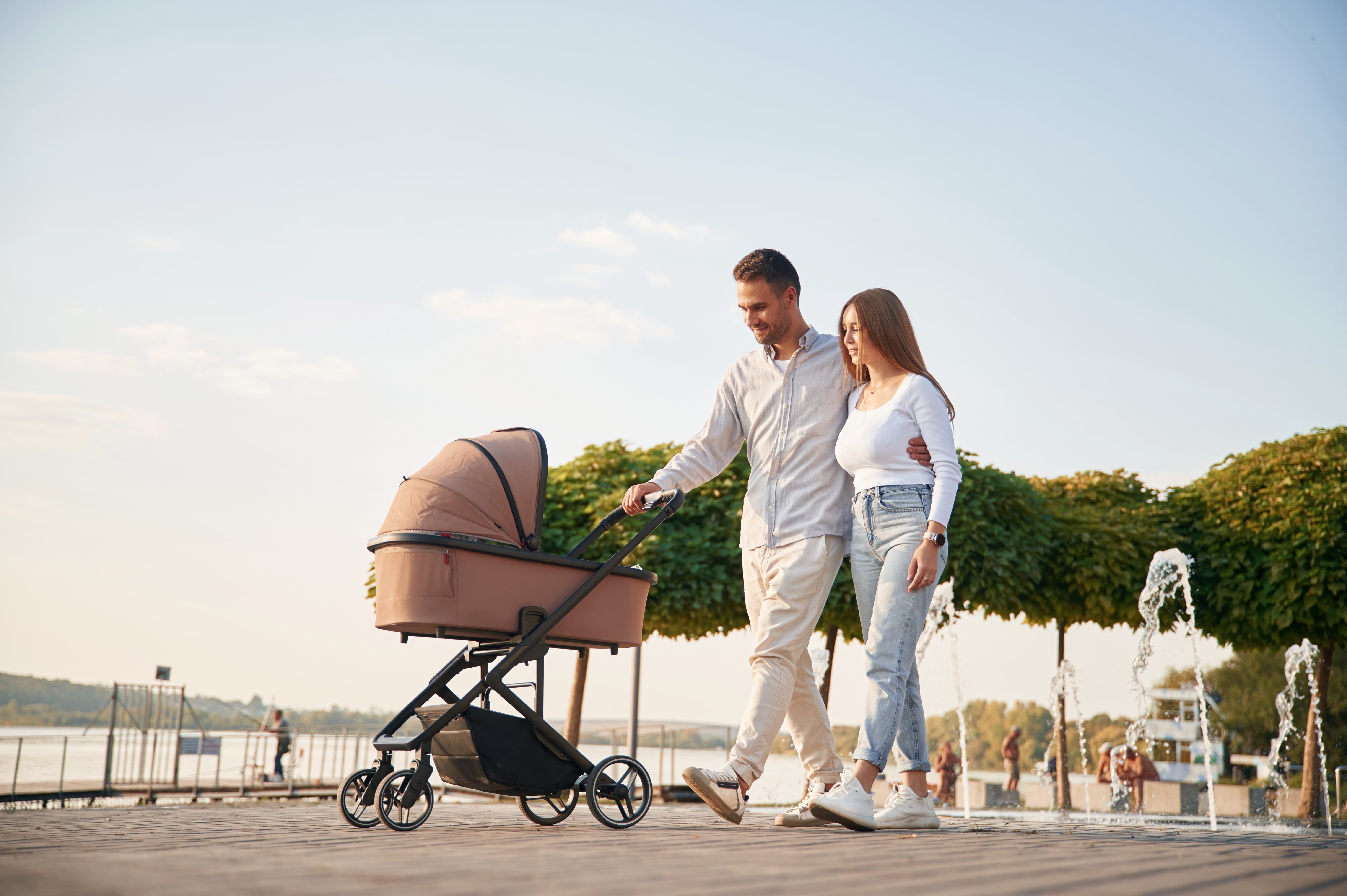A Comprehensive Guide To Prams Pushchairs. Ultimate Guide To Prams Pushchairs

Understanding Baby Prams and Pushchairs: A Comprehensive Guide
When it concerns looking after a newborn or a baby, couple of products are as vital as a trusted baby pram or pushchair. These mobility aids supply a safe, comfy way to carry babies while enabling parents and caretakers the freedom to navigate the world. This post explores the different aspects of baby prams and pushchairs, assisting moms and dads make informed decisions about which product may be best fit for their household's needs.
What Are Baby Prams and Pushchairs?
Baby Prams: These are usually designed for infants and very young babies. They have completely reclining seats that permit a flat position, making them appropriate for newborns. Prams typically include a big, deep body, supplying additional defense and convenience.
Pushchairs: Pushchairs, likewise referred to as strollers, are more flexible and can normally be changed for toddlers as well. They are lightweight, simple to steer, and often include a range of seating positions, consisting of reclined and upright.
| Function | Baby Prams | Pushchairs |
|---|---|---|
| Appropriate Age | Newborn to around 6 months | Newborn to 3 years or more |
| Seat Position | Totally reclined | Adjustable (reclined and upright) |
| Weight | Heavier, more robust | Lighter, more compact |
| Folding Mechanism | More complicated folding | Usually easier folding |
| Maneuverability | Can be less maneuverable | Highly maneuverable |
Key Features to Consider
When picking a baby pram or pushchair, potential purchasers must consider several essential features that can affect the usability and comfort for both the kid and the caregiver.
1. Safety Features
- Five-point Harness: Ensures the baby is safely strapped in.
- Brakes: Reliable braking systems avoid accidents.
- Stability: A broad base and sound frame boost stability.
2. Comfort
- Padding: Ample padding on the seat ensures comfort.
- Suspension System: Provides a smoother ride on uneven surfaces.
- Canopy: A big, adjustable canopy safeguards the baby from sun and rain.
3. Portability
- Weight: Lighter designs are simpler to raise and bring.
- Folding Mechanism: Easy folding styles allow for quick storage and transport.
- Compact Size: A more compact size makes it simpler to fit into car boots and tight areas.
4. Versatility
- Convertible Options: Some models can be changed from a pram to a pushchair.
- Reversible Seat: Allows the baby to deal with the parent or the world, depending on choice.
- Accessories: Look for alternatives that can accommodate cars and truck seats or have a storage basket.
5. Durability
- Product Quality: Invest in higher-end products for longevity.
- Weather Resistance: Water-resistant materials make sure that the pram/pushchair can hold up against numerous weather conditions.
Kinds Of Baby Prams and Pushchairs
Several kinds of baby prams and pushchairs fulfill different function requirements, lining up with moms and dads' particular lifestyles.
1. Travel Systems
Travel systems normally integrate a cars and truck seat and a stroller in one bundle, enabling smooth transportation from automobile to pram or pushchair without disturbing the baby.
2. Umbrella Strollers
Umbrella strollers are lightweight and hassle-free, designed for easier maneuverability. They are perfect for quick trips and might do not have some features found in full-size strollers.
3. All-Terrain Pushchairs
These are best for active households who enjoy hiking or taking walks on rugged terrains. They usually include bigger wheels for stability.
4. Jogging Strollers
Jogging strollers are developed for parents who wish to integrate workout with childcare. They include sturdy frames and repaired front wheels to improve safety throughout a run.
The Importance of Choosing the Right Option
Choosing the suitable baby pram or pushchair is not simply a matter of preference; it straight affects the security and convenience of the baby. Furthermore, the ideal option can profoundly affect the way of life of the caregivers.
Advantages:
- Convenience: A well-chosen pram or pushchair makes trips simpler and more satisfying.
- Health: Proper assistance helps in spinal and skeletal advancement in infants.
- Bonding: Outdoors play an important function in parent-child bonding.
Regularly Asked Questions (FAQs)
1. At what age can my baby use a pushchair?
The majority of pushchairs are created to accommodate infants as young as 6 months, although some models can be gotten used to securely transfer newborns when utilized with suitable safety seat.
2. How do I keep my baby pram or pushchair?
Regular cleansing is necessary. Clean down the frame and fabric with a damp cloth and mild soap. Regularly check the wheels and brakes for wear and tear.
3. Can I use a baby pram for jogging?
Generally, no. Regular baby prams do not have the stability and design needed for jogging. It is more secure to utilize a stroller specifically created for that function.
4. How do I choose the ideal size?
Consider how frequently you will be utilizing the pram/pushchair and where. If space is limited, try to find a more compact style. For outside experiences, go with one with bigger wheels and good suspension.
Baby prams and pushchairs are invaluable tools for moms and dads and caregivers, permitting safe and comfortable transport of infants and toddlers. By understanding the numerous functions, types, and advantages included, caregivers can choose the best movement help suited to their needs. Whether Best Prams UK be a sophisticated travel system or a basic umbrella stroller, the right purchase can significantly improve the experience of being a parent, making outings satisfying and trouble-free for both parents and babies alike.

